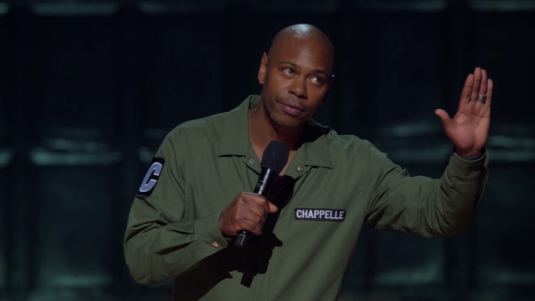The concern surrounding the climate change crisis seems to finally be reaching its target audience, the world. This is in large part thanks to Swedish activist Greta Thunberg and her powerful campaigns as well as a growing consensus on the part of liberals that bold action is needed ASAP. So which Democratic candidate has the most to offer future generations in this debate and which plan should we be standing by? It may be a matter of simply adding the numbers against scientific projections but unfortunately in the world of Washington, political capital is just as important.
Bernie Sanders, the wild haired independent from Vermont, has naturally put up the largest number in his addresses to tackling this issue. His plan would involve spending $16 trillion over the course of 15 years, aiming for zero emissions from transport and power generation by 2030, while supporting the Green New Deal proposed earlier this year. Elizabeth Warren is rated highly by GreenPeace too; she too desires 100% clean energy and has tied her approach into a more general economic restructuring. Some candidates like Andrew Yang and Beto O’ Rourke have also discerned where funds should be appropriated for coastal inhabitants being relocated and measures being implemented like sea walls, acknowledging that the crisis is already at hand. Indeed, most of them agree that clean energy, disaster relief funds, and taxation will be necessary to some degree or another; where they differ is in funds (Bernie’s plan costing the most, Joe Biden’s $1.7 trillion among the least) and attainable goals by time (Bernie’s being the most ambitious with the likes of Julian Castro’s or O’ Rourke’s 2045/2050 in contrast.
They’re all more or less admirable approaches and where specifics arise, like Biden’s plan for half a million renewable power stations, there is some room for hope. But not too much. Yes, there has been a 17% growth since 2013 in Americans seeing climate change as a major threat and yes, there is a rise in renewable energy in parts (e.g. in wind turbines in Texas). Unfortunately, there’s also been an increase in energy consumption, with 2018 seeing a significant spike as a result of post-recession spending (with the last peak year being 2007). As of last year, petroleum and natural gas still dominate this consumption, with renewable sources adding up to a mere 11% (Energy Information Administration). Plus, although 3/4 Americans now believe in climate change (a still embarrassing figure), only 56% Republicans surveyed in August (by AP VoteCast) agreed, with even less (41%) believing human activity was a factor in this.
The odds are not great, especially with the way the Senate is tilted currently and time is running out for the nation that produces 15% of the world’s emissions. To effectively tackle the crisis, a World War 2 level of mobilization will be needed. Perhaps in an economic model of some kind then, we can place our best faith. After all, wind and solar and hydro-electric energy make sense, whether you believe the science or not. Coal is not making a comeback, despite what Trump may have suggested and fracking is coming under an increasing amount of scrutiny. Over half the candidates are for a ban in that area (Castro and Klobuchar support limiting these resources).
The next president, God willing, will face America’s and the world’s greatest challenge. For all the fear-mongering rhetoric the right and idiots would associate with such a statement and what Greta Thunberg has said, the reality is alarming. So should the candidates propose these measures with an air of restraint, lest they alienate voters, or put it out on the line, with the severity it deserves? I hope it will be the latter. After all, the Democrats finally started to impeach Trump, they won the House handily in 2018, and they’ve brought ideas like Sanders and Warren’s into the mainstream (a far cry from five years ago). Hillary tried to walk the line, the same way so many Democrats have in recent decades, positing a centrist alternative to issues the Republicans had the mic on. This time, the Democrats need to be strong and unapologetic because for all the urgency of their other priorities, e.g. health care, climate change is the only one with a non-negotiable time frame.



